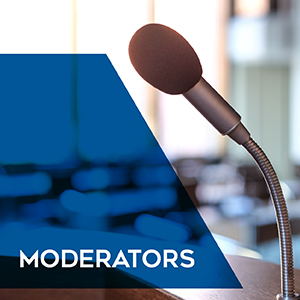
Welcome to the ACC's Faculty Resource Center: Tools For Moderators and Presenters. The materials and resources offered here are intended to help ACC's faculty in their important role of facilitating collegial learning experiences.
Faculty are the foundation of our educational activities. ACC faculty develop innovative educational programs, moderate, and lead engaging online and in-person educational sessions, and deliver high-quality lectures and webinars for a diverse and global cardiovascular work force. ACC faculty help the field of cardiology continue to evolve and lead the way for improvements in cardiac patient care.
Teaching and helping colleagues learn are indelible professional activities that require your time and effort. The materials and resources provided in ACC's Faculty Resource Center are here to help enhance faculty's abilities while at the same time making your work easier and experiences more enjoyable.
ACC's Faculty Resource Center focuses on four key components of leading and facilitating learning sessions:
Have a recommendation for additional faculty resources?
Let us know.






